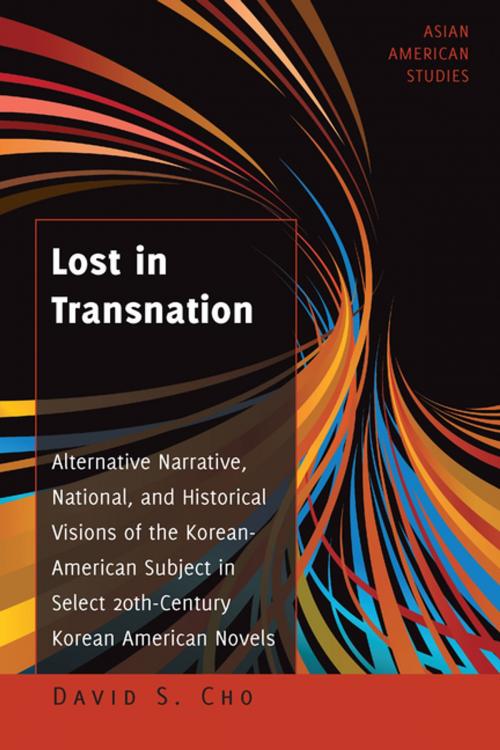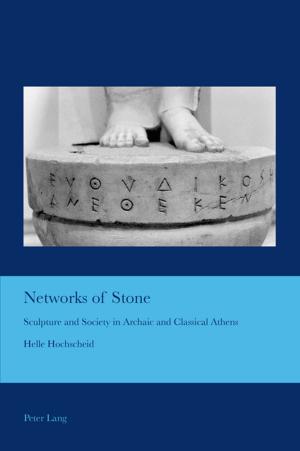Lost in Transnation
Alternative Narrative, National, and Historical Visions of the Korean-American Subject in Select 20th-Century Korean American Novels
Nonfiction, History, Asian, Asia, Fiction & Literature, Literary Theory & Criticism| Author: | David S. Cho | ISBN: | 9781433136023 |
| Publisher: | Peter Lang | Publication: | February 20, 2017 |
| Imprint: | Peter Lang Inc., International Academic Publishers | Language: | English |
| Author: | David S. Cho |
| ISBN: | 9781433136023 |
| Publisher: | Peter Lang |
| Publication: | February 20, 2017 |
| Imprint: | Peter Lang Inc., International Academic Publishers |
| Language: | English |
This volume examines the engagement with national histories, citizenship, and the larger transnational contexts in the narrative plot lines in selected twentieth-century Korean American novels. Critics have often expected, or even demanded, that the Korean American novel present the ideal and coherent American citizen-subject in a linear bildungsroman plotline.
Many novels – Younghill Kang’s East Goes West, Theresa Hak Kyung Cha’s Dictee, Chang-rae Lee’s A Gesture Life, to name a few – do deal with the idea of an “American identity”, however, they consistently problematize such identification through multiple and conflicting national memories, historic eras, and geopolitical terrains. The novels are typically set in contemporary America, but they often refer either to the regional context and era of Japan’s colonization of Korea (1910–1945) or the Korean War (1950–1953). The novels’ characters are “lost in transnation”, contextualizing the multiple and multiply-interrelated national contexts and time periods that have formed immigrants and Korean Americans in the twentieth century.
This volume examines the engagement with national histories, citizenship, and the larger transnational contexts in the narrative plot lines in selected twentieth-century Korean American novels. Critics have often expected, or even demanded, that the Korean American novel present the ideal and coherent American citizen-subject in a linear bildungsroman plotline.
Many novels – Younghill Kang’s East Goes West, Theresa Hak Kyung Cha’s Dictee, Chang-rae Lee’s A Gesture Life, to name a few – do deal with the idea of an “American identity”, however, they consistently problematize such identification through multiple and conflicting national memories, historic eras, and geopolitical terrains. The novels are typically set in contemporary America, but they often refer either to the regional context and era of Japan’s colonization of Korea (1910–1945) or the Korean War (1950–1953). The novels’ characters are “lost in transnation”, contextualizing the multiple and multiply-interrelated national contexts and time periods that have formed immigrants and Korean Americans in the twentieth century.















